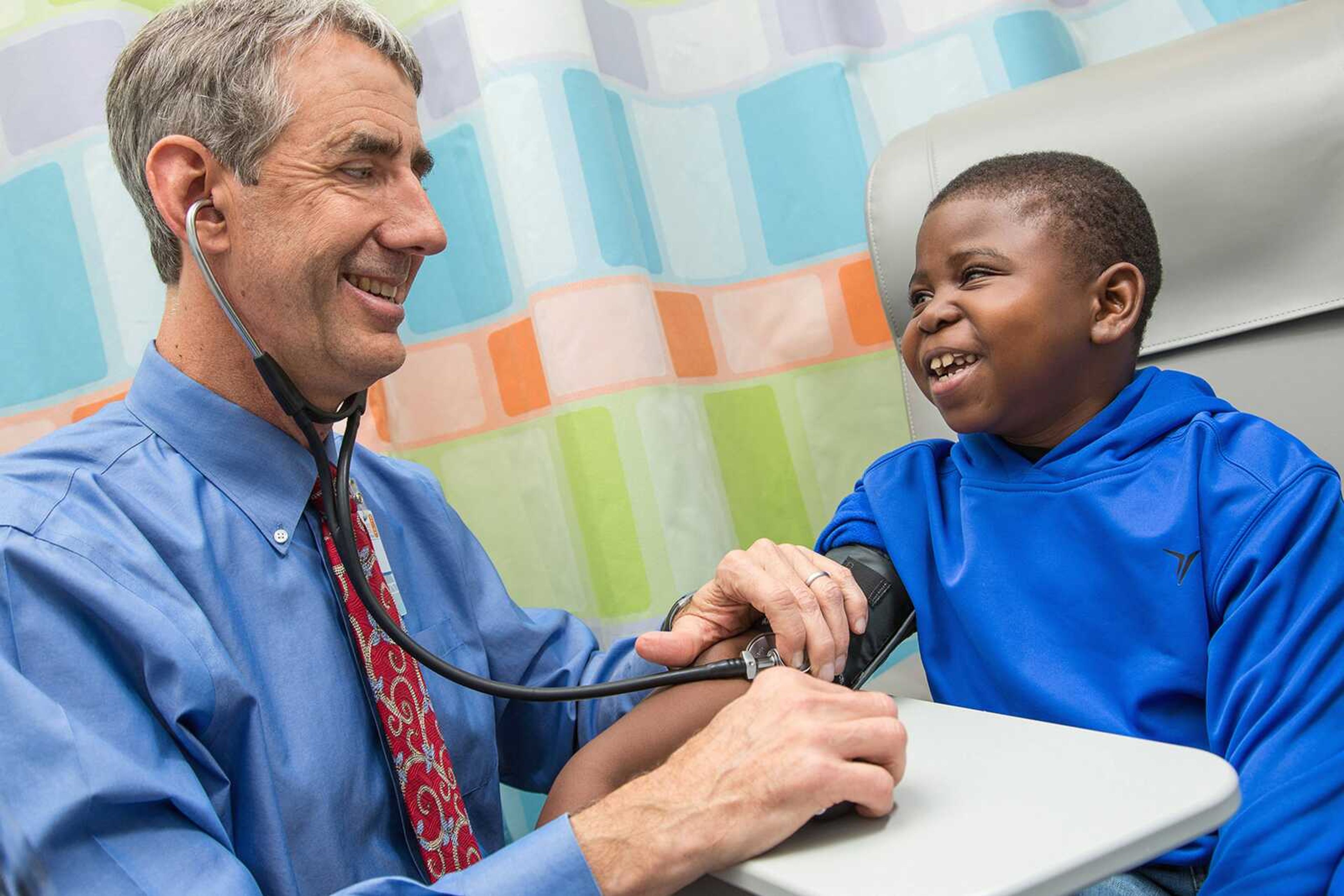WASHINGTON -- A shake-up of the nation's kidney transplant system means more organs are getting to patients once thought nearly impossible to match, according to early tracking of the new rules.
It's been a year since the United Network for Organ Sharing changed rules for the transplant waiting list, aiming to decrease disparities and squeeze the most benefit from a scarce resource: kidneys from deceased donors.
Data from UNOS shows the changes are helping certain patients, including giving those expected to live the longest a better shot at the fittest kidneys.
The hope is to "really level the playing field," said Dr. Mark Aeder, a transplant surgeon at University Hospitals Case Medical Center in Cleveland, who is chairman of the UNOS' kidney committee.
In Abingdon, Virginia, 8-year-old Marshall Jones was one of the lucky first recipients. A birth defect severely damaged his kidneys, and a failed transplant when he was younger left his immune system abnormally primed to reject kidneys from 99 percent of donors.
Then in January, after four years of searching, organ officials found a possible match, hours away by plane but available under the new policy -- and it worked.
"We don't use the word lightly, but this was really a miracle kidney for him," said Dr. Victoria Norwood, Marshall's doctor and the pediatric nephrology chief at the University of Virginia.
There's a huge gap between who needs a new kidney and who gets one.
More than 101,000 people are on the national waiting list, while only about 17,000 kidney transplants are performed each year.
About 11,000 of them are with kidneys donated from someone who just died; the rest occur when a patient is able to find a living donor.
The wait for a deceased-donor kidney varies widely around the country, and in 2014, more than 4,500 people died before their turn.
The new kidney allocation system can't alleviate the overall organ shortage.
"The only thing to shorten total wait time for everybody is more organ donors," Aeder said.
Instead, the policy altered how deceased-donor kidneys are distributed, shifting priorities so how long patients have been on the waiting list isn't the main factor.
Connect with the Southeast Missourian Newsroom:
For corrections to this story or other insights for the editor, click here. To submit a letter to the editor, click here. To learn about the Southeast Missourian’s AI Policy, click here.







